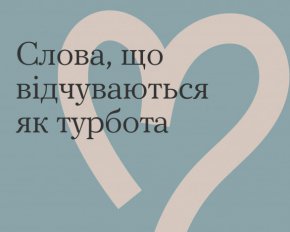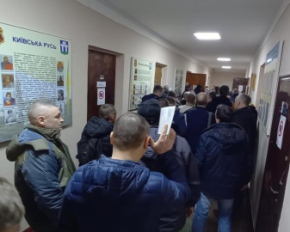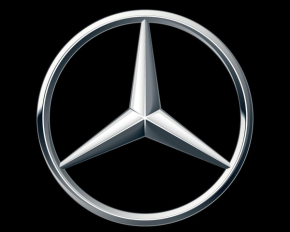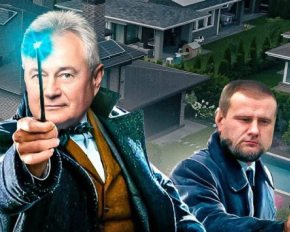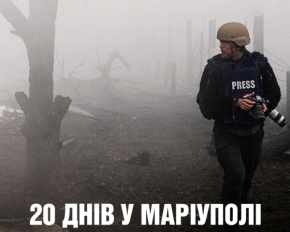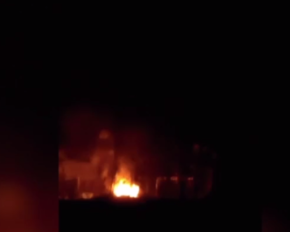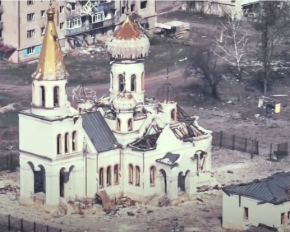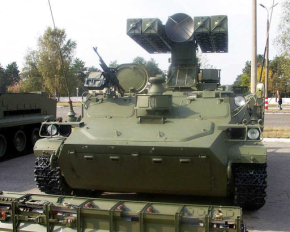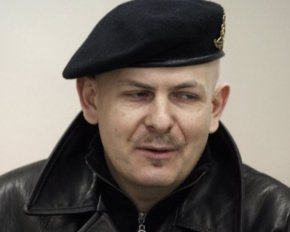Why Canada should give military assistance to Ukraine
Guest post: why Canada should give military assistance to Ukraine
 By Taras Kuzio of the University of Alberta
By Taras Kuzio of the University of Alberta
As Petro Poroshenko, Ukraine's president, arrives in Canada to address both houses of parliament the question of why Canada is not willing to give military support to Ukraine is high on the agenda.
Doug Saunders, a columnist at leading daily the Globe and Mail, argues that western governments have good reasons for not supporting Ukraine on the battlefield. These include Ukraine's military incompetence – a legacy of Soviet training of the officer corps – and continued high-level corruption.
But are these unique and only applicable to Ukraine?
Saunders could be writing about Iraq, to which Canada is sending military advisers, or Afghanistan, where Canadian forces have been fighting the Taliban. Public opinion in Canada is decidedly against its troops being sent to both countries.
Ukraine, though, is closer to home in Europe and there is widespread public supportin Canada, the US and Europe for providing Ukrainians with different types of assistance in the face of clear-cut Russian aggression. If there is still a largely Soviet command and control structure in place then one has to look at Nato's Partnership for Peace programme (PfP), of which Ukraine has been an energetic member for the last two decades and whose military cooperation was meant to help reform these structures. Canada has always played a central role in Ukraine's cooperation with PfP, for example when its embassy was the contact point for the Nato office in Kiev that I led in the late 1990s.
More importantly, the US and the UK have an overwhelming moral duty to provide military assistance to Ukraine. Two decades ago both countries and Russia signed the Budapest Memorandum with Ukraine in return for which they pledged to provide security guarantees and support Ukraine's territorial integrity. Russia reneged on this commitment when it annexed the Crimea and invaded eastern Ukraine but should the US and the UK also renege, thereby exposing the emptiness of western security pledges and opening up the floodgates to nuclear proliferation?
Ukraine gave up the world's third largest arsenal of nuclear weapons, greater in size than China's, France's and Britain's combined, and joined the Nuclear Non-Proliferation Treaty. There are calls in Ukraine – muted for now but growing – to restore what was a major centre of the Soviet military industrial complex and rebuild its nuclear arsenal.
Ukraine is not asking for Canadian boots on the ground but for an enhancement of the kind of training and advice already enshrined in annual cooperation between both countries, such as the annual Maple Arch military exercises. Civilian casualties are sadly inevitable in urban insurgencies; the best way to reduce them is to give professional training to the Ukrainian military and National Guard.
President Poroshenko is also seeking light weaponry to be used to defend Ukraine's territory against Russian tanks and other military vehicles through direct military assistance or Canadian credits for the purchase of equipment. Ukraine does not fall under any international arms embargo.
Corruption certainly bedevils Ukraine but it is hardly unique in this respect. Canada and the US cooperate on security questions with many countries with similarly poor records. Afghanistan, where 158 Canadian troops have died since 2002, has an abysmal record on corruption and democratic rights.
Millions of Ukrainians rose up in the Euromaidan to fight corruption and bring about democratic changes and integrate their country into Europe. On September 16 the Ukrainian parliament voted by an overwhelming constitutional majority to ratify the Association Agreement with the EU and a resolution supporting future membership of this body. Ukraine held an internationally recognized free and fair presidential election in May and will hold pre-term elections next month that will bring into parliament young western-educated deputies committed to fighting corruption and introducing European values.
Nato members the US, Poland, Italy, France and Norway are reportedly providing military assistance to Ukraine. Germany is sending unmanned drones to monitor the flow of Russian troops and weapons across the Ukrainian border.
In December 1991 Canada sought to be one of the first to recognize Ukrainian independence. But where is Canada today at Ukraine's hour of need? Prime Minister Stephen Harper has been vocal in his condemnation of Russian aggression but Ukrainians in Canada feel that the time for mere words is over. There is an urgent need for action.
There is no better way to support Poroshenko's peace proposals and ceasefire than by Canada providing Ukraine with the military assistance and training his forces need to ensure future peace and stability. By supporting Ukraine now, Canada could help ensure that Putin's ambitions are nipped in the bud before he turns on Nato members in the three Baltic states that would threaten European security on a scale unseen since World War II.
Taras Kuzio is the former head of Nato's Information and Documentation Centre in Kiev and a research associate at the Centre for Political and Regional Studies, Canadian Institute for Ukrainian Studies,
